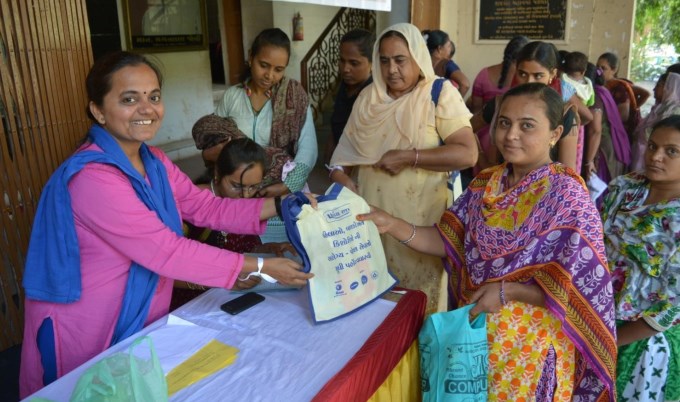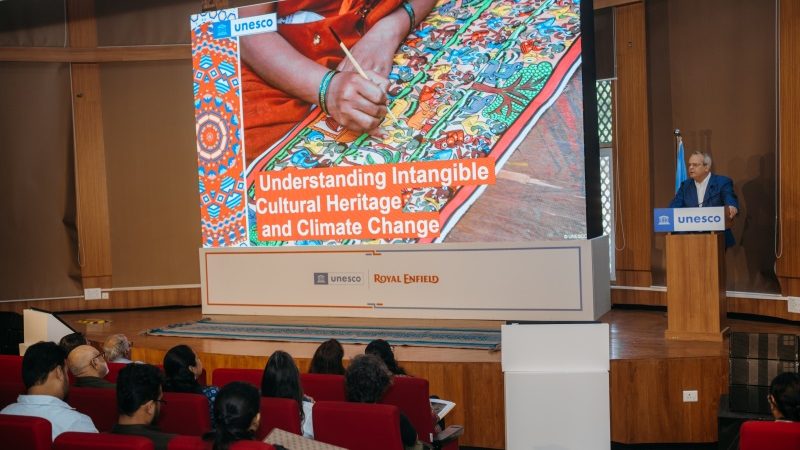Cairn India Reaffirms its Commitment Towards Health Sector on Mothers Day

In honor of Mother’s Day 2016, Cairn India reaffirms its commitment to promote women’s right to quality and respectful maternal health services.
In a move to enable better access to health and nutrition services to women, children and adolescents, Cairn India in collaboration with CHETNA (Centre for Health Education Training and Nutrition Awareness) has undertaken a PAHONCH project.
The PAHONCH campaign reaches out to women in 73 villages across three districts (Rajkot, Morbi and Jamnagar) of Gujarat and touches a population of more than 1.2 lakh in the state.
Despite long-term efforts to reduce maternal mortality, World Health Organization estimates that out of 5,36,000 maternal deaths occurring globally each year, 136,000 take place in India.
The state of Gujarat has made significant efforts in reducing maternal mortality rate (MMR) but still remains far behind the national average when it comes to a significant decline in MMR. The state registered a decline of 23.75% in MMR whereas the national decline, during the same period, was 29.9%.
The project aims to sensitize communities on women’s right to quality healthcare during pregnancy and childbirth. The project ensures commitments from key decision makers and stakeholders for providing quality maternal care to all women.
The PAHONCH project undertakes several activities to strengthen the maternal and child health services such as creating community awareness around breastfeeding and nutrition, counselling, supporting nurses and ASHA worker.
The project organises joint trainings, review and planning meetings among ICDS (Integrated Child Development Services Scheme) and health functionaries for strengthening services by coordinating, linking and supporting at village, block level and district level.
To strengthen and promote the campaign at the village level, Cairn India with the support of CHETNA had also organised a regional consultation at Rajkot, where women shared their need to be able to access quality and respectful maternal health services.
This later culminated into a Women’s Charter of Demands which was submitted to Chief District Health Officer of three districts, soliciting commitment from the health department to ensure quality maternal health care.



